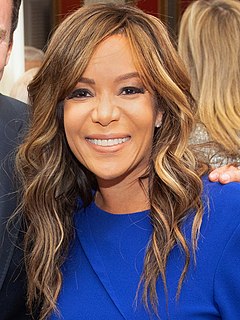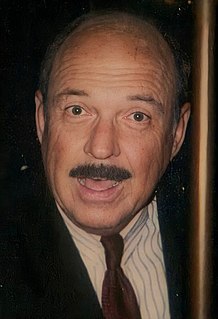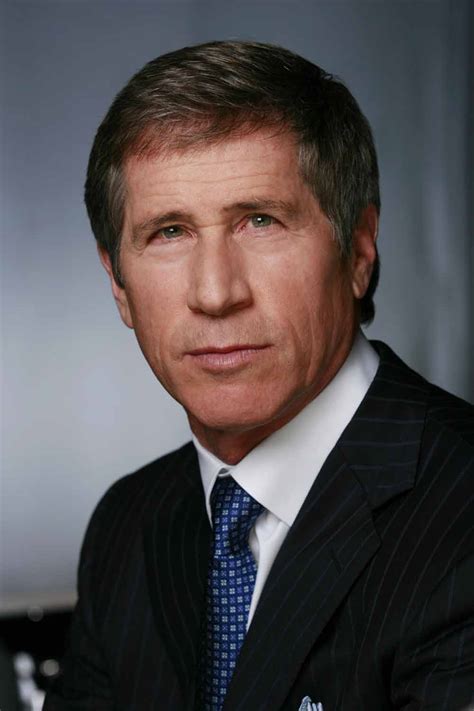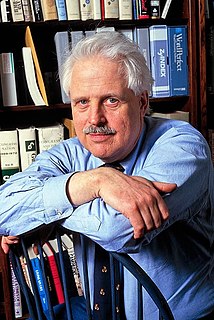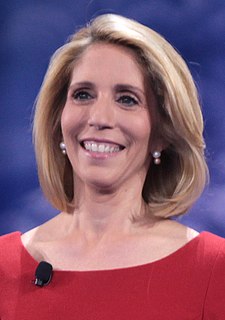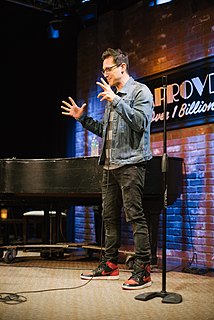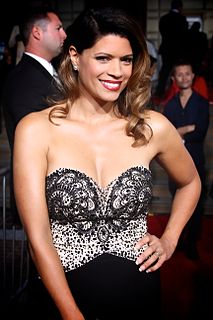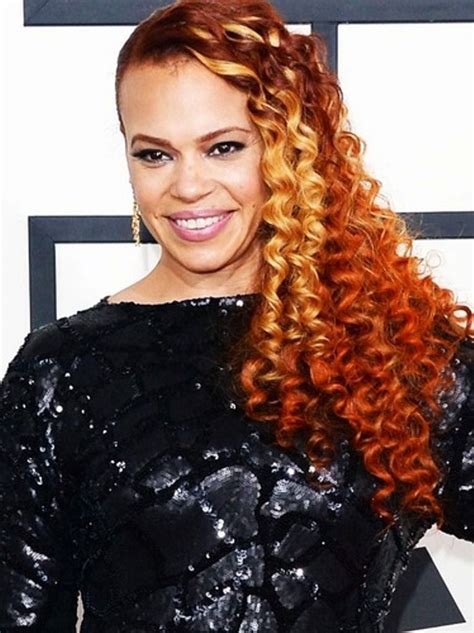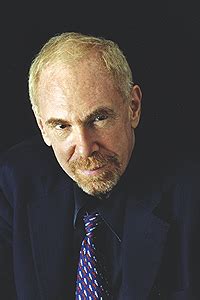A Quote by Julia Hartz
I studied broadcast journalism at Pepperdine University. After a short career in television with MTV and later on at FX Network, I found my true calling in Eventbrite.
Related Quotes
I finished high school and studied at the University of Nebraska in the school of journalism, which really turned me onto journalism. I never finished, but the very little that I did learn in two-and-a-half-years prepared me for a career in legitimate journalism, which included WWE, AWA, WCW, and everything in-between.
I was in the journalism program in college and had some internships in print journalism during the summers. The plan was to go to Columbia University Graduate School of Journalism to learn broadcasting after I graduated. I was enrolled and everything, but ultimately decided that I could never afford to pay back the loan I'd have to take out.
The print magazine and print journalism industry is obviously in a great deal of trouble, and one of the things that happened when this business started to give way to the Internet and to broadcast television is that a lot of organizations started cutting specifically investigative journalism and they also started cutting fact-checkers.
Sometimes, when we're terrified of embracing our true calling, we'll pursue a shadow calling instead. That shadow career is a metaphor for our real career. Its shape is similar, its contours feel tantalizingly the same. But a shadow career entails no real risk. If we fail at a shadow career, the consequences are meaningless to us. Are you pursuing a shadow career?
I always thought that I could write a novel. In my case, it was misguided. I do believe that the best nonfiction is not "literary journalism," a misleading term, but rather journalism that asks the questions that serious literature asks. It's storytelling that happens to be true. So I don't think it was a missed opportunity. After awhile you learn what you're really good at. Life is short, so spend time doing that.

